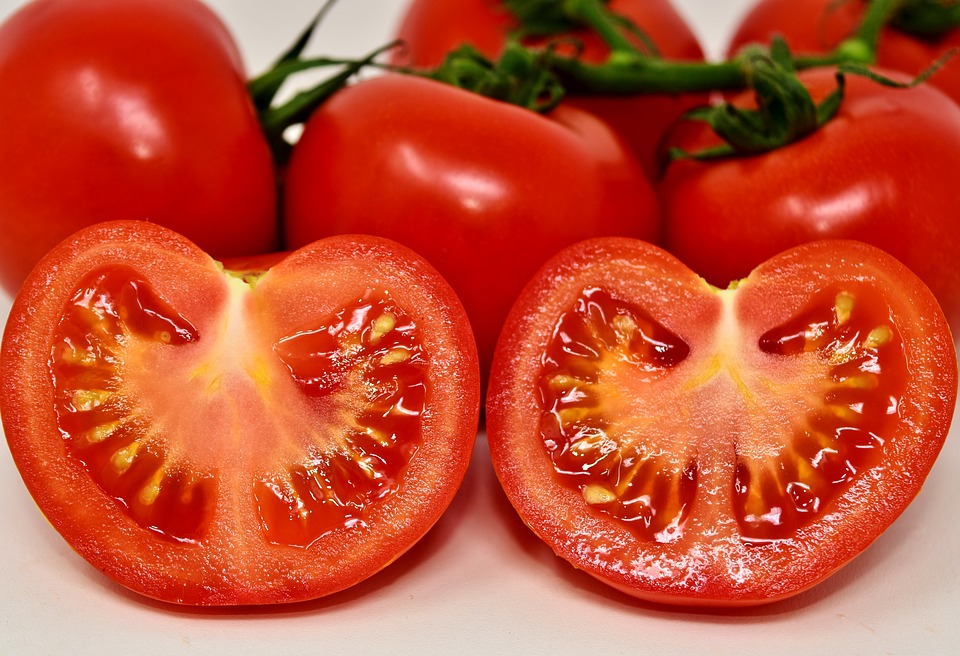Experts from the Pharmacy Faculty and the Higher Technical School of Agricultural Engineering (Escuela Técnica Superior de Ingeniería Agronómica ETSIA) of the University of Seville have published a study that shows that when reducing the water used to water cherry tomato crops by more than 50%, the product not only maintains its quality, both commercially and nutritionally, but it also even increases the level of carotenoids, compounds of great interest in the food-processing industry. In addition to being natural colourings, some are Vitamin-A precursors, which are beneficial for the health and have cosmetic uses.
These findings, published in the important international review Food Chemistry, are the result of a three-year study, during which the researchers analysed two varieties of cherry tomatoes and other new types of tomatoes, in both autumn and spring cycles in ETSIA's own fields.
The "controlled watering deficit," which is what this technique is called, consists of reducing watering as much as possible during the most resistant phase of cultivation and to increase the supply of water at the start of the phase of cultivation that is most sensitive to stress.
This is not about using half the water for no reason, but rather studying the water status of the plants and, knowing their needs, watering the crop in the right way and at the best time.
This methodology benefits the farmer, opening a new area in the line of water-sustainable products that are differentiated in the market by reduced consumption of both water and energy. And, on the other hand, it brings added value to the consumer who buys a better quality product in terms of nutrition and environmental sustainability.
Meléndez leads a European research network called European network to advance carotenoid research and applications in agro-food and health, whose main objective is to advance research and innovation in the area of carotenoids via interaction and cooperation between scientists, technicians, business and other interested parties.
Carotenoids are highly versatile compounds that are very important in areas such as agriculture, food, nutrition, health and cosmetics, among others. Therefore, the market for these compounds as food ingredients, for both humans and animals, is continually growing. On the other hand, many studies conclude that appropriate carotenoid levels in the diet can play a positive role in protecting against ocular and cardiovascular diseases and different types of cancer, among others.
